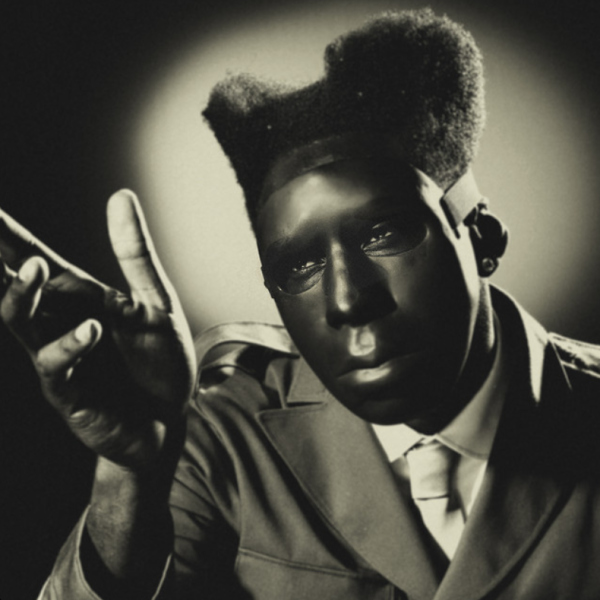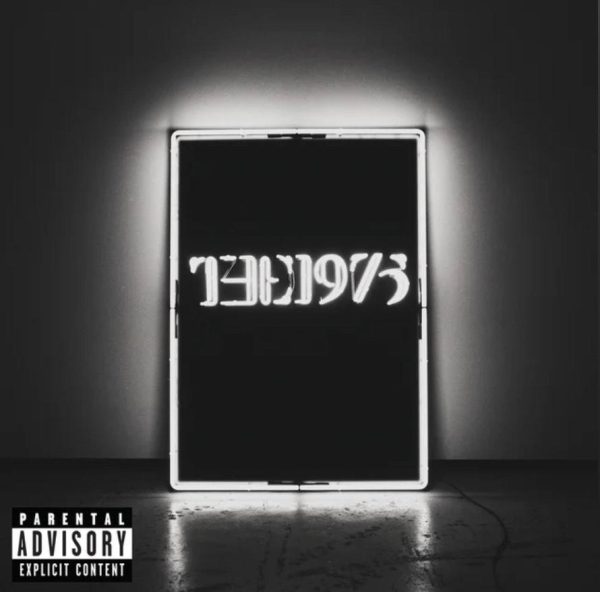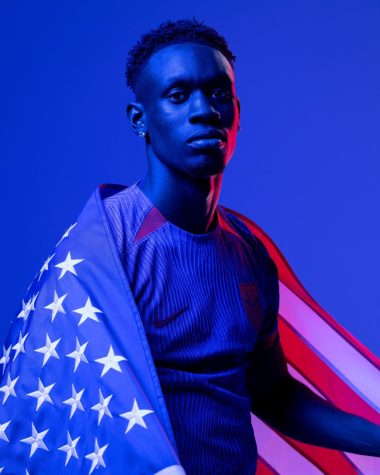Dear Film Industry: Stop Exploiting Jewish Trauma
The dynamics on Jewish people in Hollywood. While also exploring the lack of representation in modern day film and tv shows.
If the title hasn’t already made it clear, this isn’t just a list of some good Jewish movies and television shows. After viewing the Netflix film “You People,” starring Jonah Hill and Lauren London, I was motivated to write this piece. What I can say about the plot is that both families—one Jewish and the other Muslim—were given only a superficial knowledge of their own traditions and beliefs while having one-dimensional characters who represent every negative stereotype. It’s 2023 and this kind of offensive representation is still happening. This had me thinking that this wasn’t anything new or surprising as many so-called “Jewish” movies and TV shows are either just about the holocaust, falsely depicting jewish culture or had stereotypes. If you google jewish movies, almost all the movies that showed up were about the Holocaust. While the Holocaust was a big part of Jewish history we have hundreds of years before that of history have barely seen the light of day. We aren’t all money hungry or wealthy, we don’t all have big noses, we aren’t all religious, and most importantly not all jewish women are Jewish American princesses. You would think with how involved Jewish people were to the establishment of Hollywood these kinds of things wouldn’t happen.
As a self-proclaimed movie enthusiast, I have seen trailer after trailer for films that discuss the Holocaust. The Holocaust is the first thing that comes to mind when you consider a Jewish film. As a Jewish woman myself, I have made it a policy not to watch Holocaust movies in the majority of cases. I am aware of what took place, and I don’t want to put my family through another particularly traumatic experience. Even though it had a significant role in Jewish history and continues to have an impact now, many so-called “Jewish films” or “Jewish representations” fail to adequately convey the special and complex culture of the Jewish people. As anti-Semitic crimes against the Jewish community are on the rise in this nation, we can learn from powerful and important institutions like Hollywood, which only provides a superficial sense of what it means to be Jewish. Even while it is crucial to discuss and educate people about the Holocaust today, doing so in this way almost feels exploitative. What makes the situation even more ironic is that American Jews and Jewish immigrants founded the film business.
Many of these Jewish Americans came from the vaudeville and clothing sectors, which were welcoming to Jews. Early in the 20th century, vaudeville, a form of entertainment primarily popular in the US, featured a combination of specialist acts such as burlesque comedy, song and dance. Theaters in immigrant communities offered performances in a variety of languages, including Yiddish. The predominantly white, Christian upper class looked down on vaudeville because of its attractiveness to immigrants and its affordable ticket prices. With the overall growth of the industry growing more popular, led to the downfall of representation within the industry. When it came to addressing the inequities and social conventions of the day and creating an environment where inclusion might flourish, America’s demand for integration and conformity came at a price. Their struggle to make a living in our country, this is something that many immigrants today can relate to.
Eventually the first generation of Jewish studio executives in America eventually retired or passed away. Their successors had to deal with the shifting market. Hollywood studios began producing fewer, more expensive, and financially riskier films in the 1960s. The owners of the studio transferred their businesses to bigger organizations as insurance against these risks. For the Hollywood studios, this transition from standalone companies to divisions of larger conglomerates turned out to be permanent. Even so, the Jewish-American founders of the major Hollywood studios left their mark on the culture they helped to create: films that highlighted the similarities between American and Jewish values, blurring the distinction between “Jewish” and “American,” and inspiring future generations to see these identities as one and the same. The need for integration that so many Jewish immigrants did would lead to long lasting effects of jewish representation in film and TV.
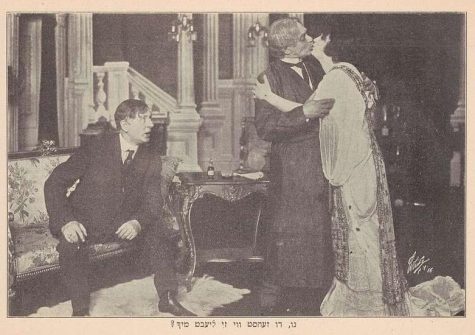
If this has left you wondering what you could possibly watch if you were looking for a way to, what movies should you watch. If you search for “Jewish movies,” you’ll find that many of them are about the Holocaust. Starting off with a classic we have the movie “Fiddler on the Roof”, directed by Norman Jewison. In the pre-revolutionary Russia depicted in the film, a Jewish farmer with traditional values clashes with his three daughters, each of whom goes against their father’s traditional ways. Additionally, the village is under danger from rising anti-semitic sentiment, which casts a shadow over everything else. This film touches upon inter-faith marriage, preserving one’s culture while also allowing for change, and most importantly a family that loves each other deeply.
If you want something more in the horror genre look no further than the movie “The Golem”. The 2018 film centers around a woman who must defend her close-knit Jewish community from a band of thugs during a deadly plague outbreak in Lithuania, but the being she summons to do so is a far greater evil. The move will make audiences wonder if jewish people can actually create monsters and left jewish audience members wondering if they should have paid more attention in Hebrew school. All jokes aside, the movie’s horror and fantasy themes are a nice and new plot to jewish films. Moving on to TV shows, the show “Crazy Ex-Girlfriend”, centers around lawyer Rebecca Bunch (played by Rachel Bloom) who leaves behind her luxurious Manhattan lifestyle and relocates to a California suburb to reconnect with a former fling. The main character Rebecca doesn’t shy away from her Jewishness, even if it’s not always at the forefront, the show insteads shows how most of jews in this day and age interact with their Jewish identity. Hopefully, as time passes, this roster will expand and Hollywood will acknowledge the exploitative nature of these films.
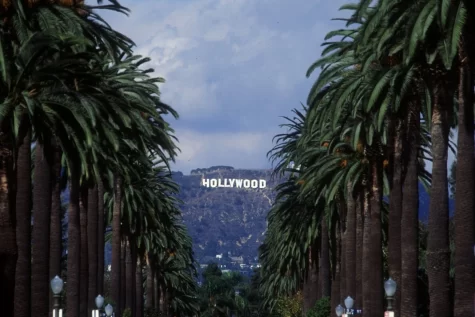
“the only you have to fear is fear itself….and finals”
-Brooke Wallenstein
[email protected]







